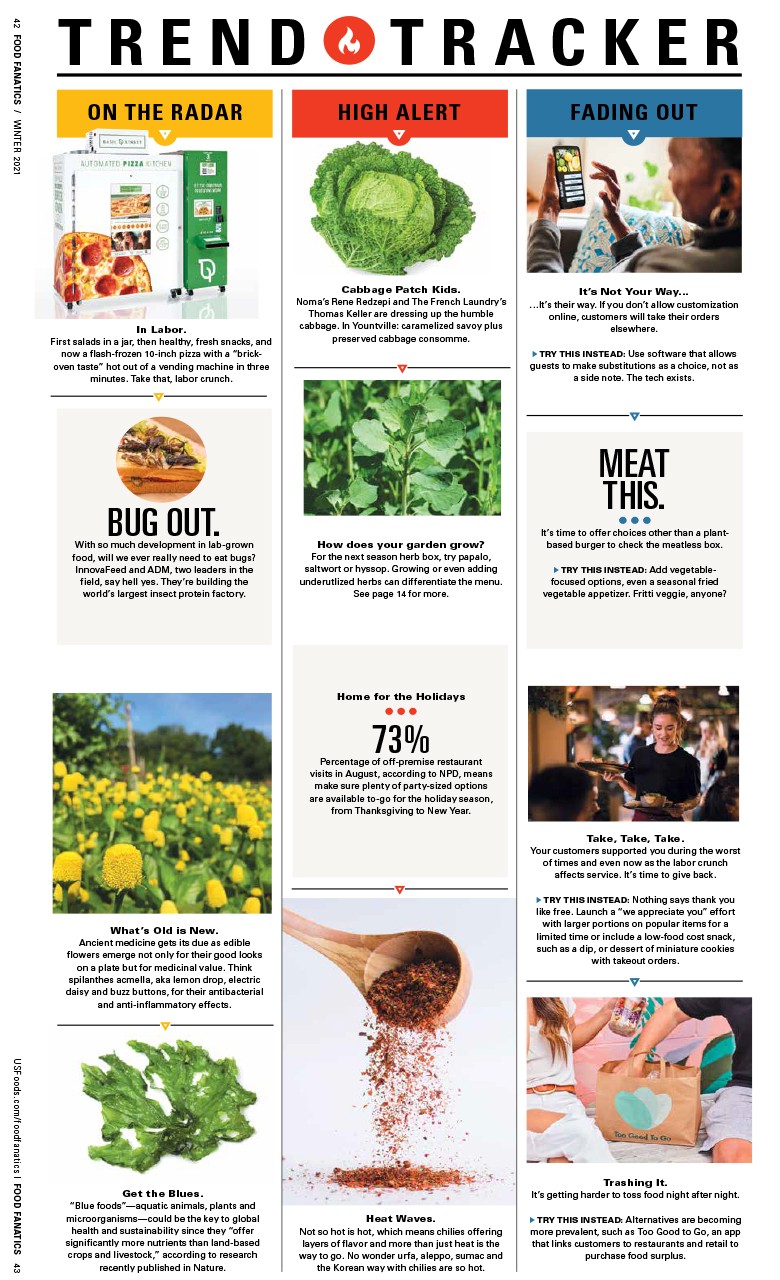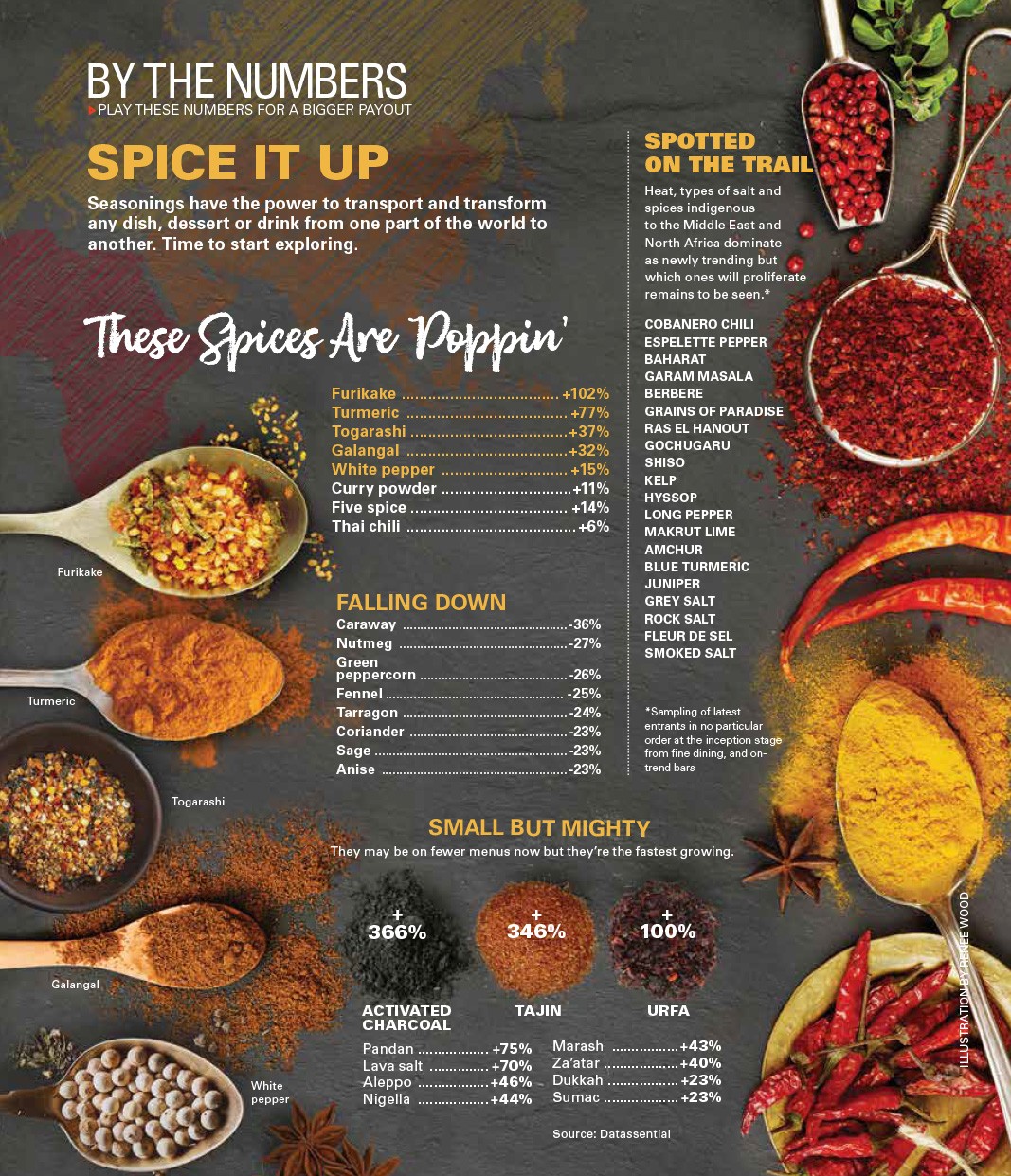Bakers With Attitude
Chef/activist Paola Velez on saying no to no
For pastry chef Paola Velez, supporting Black Lives Matter was a no-brainer. Not only was she angered by longstanding racial injustice, set even more aflame by the killing of George Floyd in Minnesota, but she has experienced overt and covert racism in the restaurant industry.
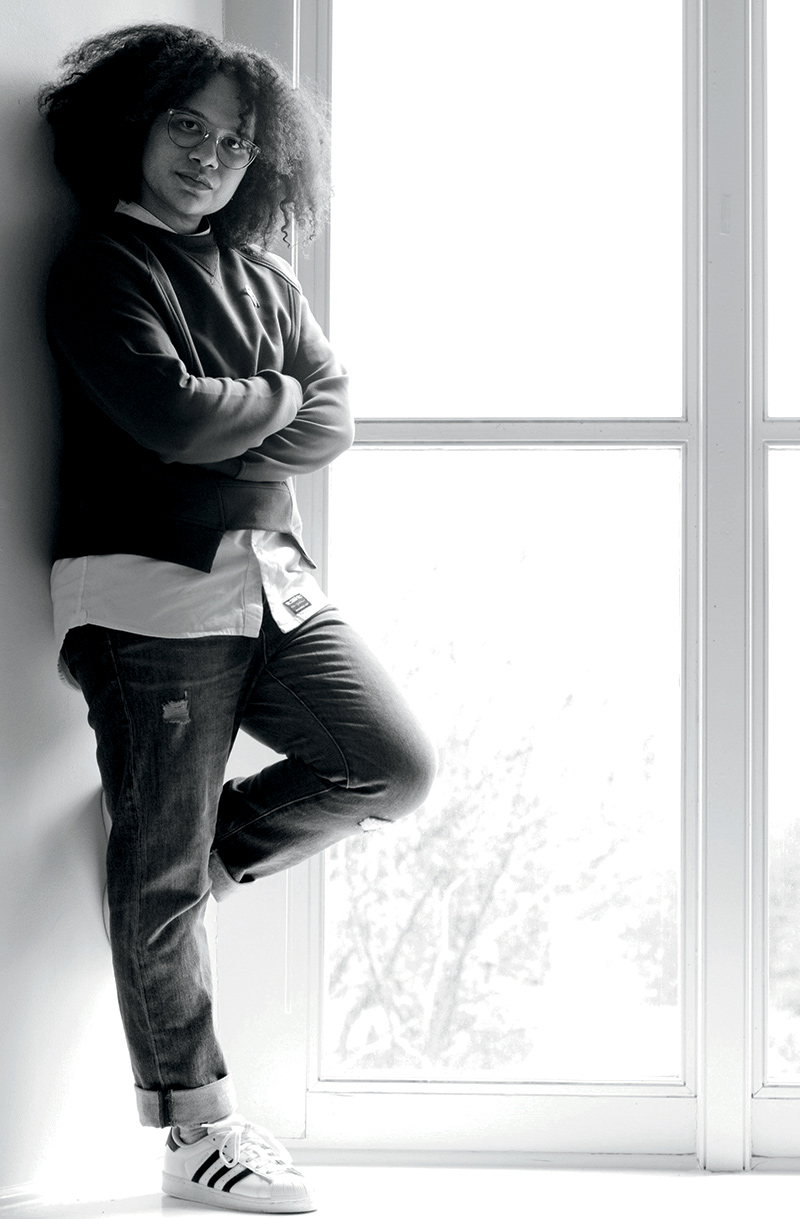
Raised in the Bronx, New York with summers spent visiting family in the Dominican Republic, Velez didn’t see a lot of women of color in management. Working through the ranks meant enduring the degrading, male-dominated kitchen, which spanned from derogatory comments about her appearance to being told that “Black girls can’t be vegan bakers.” This would crush anyone’s soul, but it only made her stronger and more determined to succeed. Like the desserts she creates, Velez is bold and insightful, and a Pied Piper for young chefs trying to make a difference. Here, she talks about changing the narrative and creating a safe space for all.
Q. You’ve been very candid about your struggles as a woman of color, especially early in your career. What were some of the roadblocks you hit, and how did you overcome them?
A. I didn’t apply for pastry chef positions, because I didn’t want to deal with the rejection. But once the #MeToo movement happened, I found this new boldness. I figured, what’s the worst that can happen? If they say no, they say no. I heard “no” many times – until one person didn’t judge my outward appearance and only focused on the techniques and skills that I had to offer. That’s when I was the pastry sous chef for Jacques Torres.
Q. What lessons did you learn from Torres that you’ve applied as a leader?
A. Jacques saw my willingness to learn, to be there and show up, and he rewarded that. That was the first time I saw positive reinforcement for working so hard. He and Hasty (Torres’ spouse) told me I could be creative in the kitchen, that it’s not their rodeo. They gave me a title. I want to give people the same space to create. I want them to be a part of and add to the conversation. I give credit for their dishes on social media. I fought for months to get my pastry sous chef her title, because I know the importance of that later on. As chefs, we have to listen to the people who are cooking for and with us.
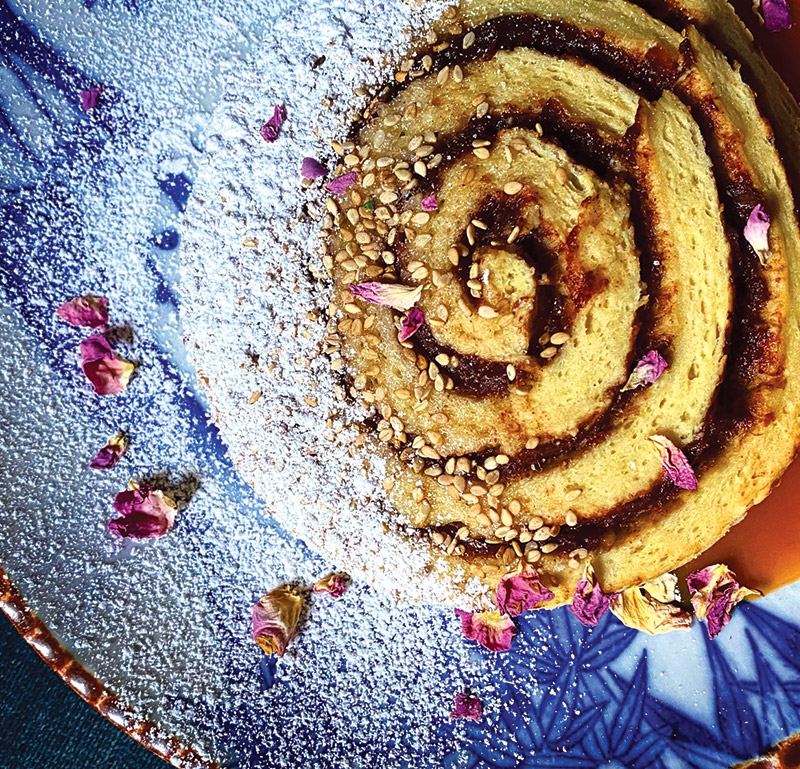
Q. What women did you turn to for advice?
A. Rose (Previte, owner of Maydan and Compass Rose in Washington, D.C.). When I was furloughed from Kith/Kin, I messaged her and said, I have something I need to work through. And after two hours of talking, she asked if I was looking for a job. It all made sense. After working through the African diaspora at Kith/Kin, it’s the perfect time to segue into how the Atlantic slave trade and the Silk Road intersect.
Q. How do you balance being an executive pastry chef and an activist?
A. As people started to recognize me as a pastry chef, they saw things I was doing behind the scenes. My own challenge was understanding that my experience and work technique were valuable. Once I got that down, everything else is just me expressing my opinion. I’m never ashamed of how I feel, especially when it’s for the good of another person.
Q. Is it a challenge rallying your coworkers and colleagues to do the same?
A. When they understand you have the best intentions for human beings, people follow. If I host a bake sale for our local elementary school, the whole kitchen activates. When I did the Dona Dona doughnut pop-ups to raise funds for Ayuda DC, which helps undocumented immigrants get the papers they need, all of my staff showed up and bought doughnuts. And we were all furloughed!
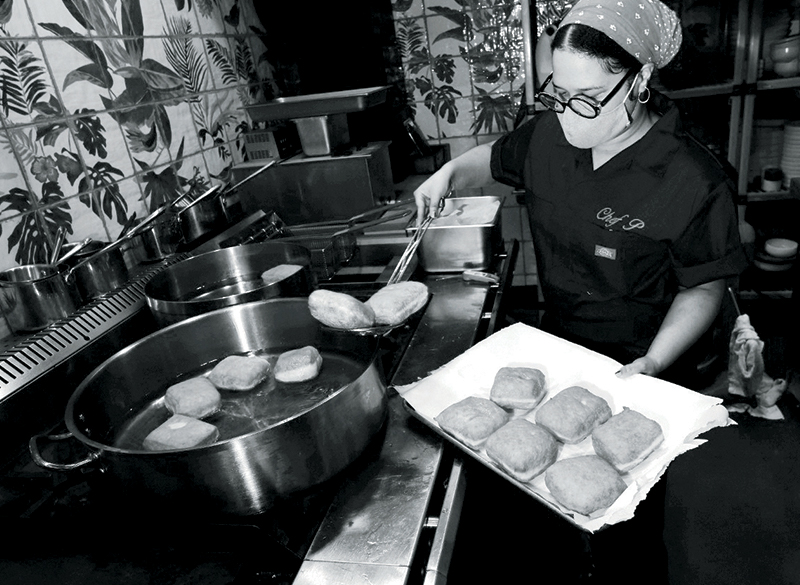
Q. What made Bakers Against Racism so successful?
A. I took some of the lessons I learned from Dona Dona and applied them here. Mostly, I knew we had to go big. We only raised about $1,000 for Ayuda DC, and I felt like it wasn’t enough. I figured if we enlisted more bakers and supplied them with the tools to do their own pop-ups, both professional and home bakers could sign up. Everything was available online, it was automated. By the first day of launch, we had 1,000 emails of interest. By the time we launched pre-sales, we had 9,000 emails. In the end we had 2,400 groups participate.
Q. Why do you think activism resonates so much with pastry chefs?
A. We’re there to celebrate with you. We’re the last touch of a meal. Everything we do is to create happiness. I see bakers rallying together to bring joy. We brought a little bit of peace in a chaotic time.
Q. How should chefs and restaurateurs continue to fight for radical change in their day-to-day?
A. Teach how to transition from cook to management roles. Make pathways in the restaurant to bring equity at the table. Listen to diverse voices. The less you’re in a vacuum the more you’re going to see the bigger picture and impact more lives. It’s really...just be a good person. That’s it.
What Happens When You Find Your Voice
Paola Velez Age: 29
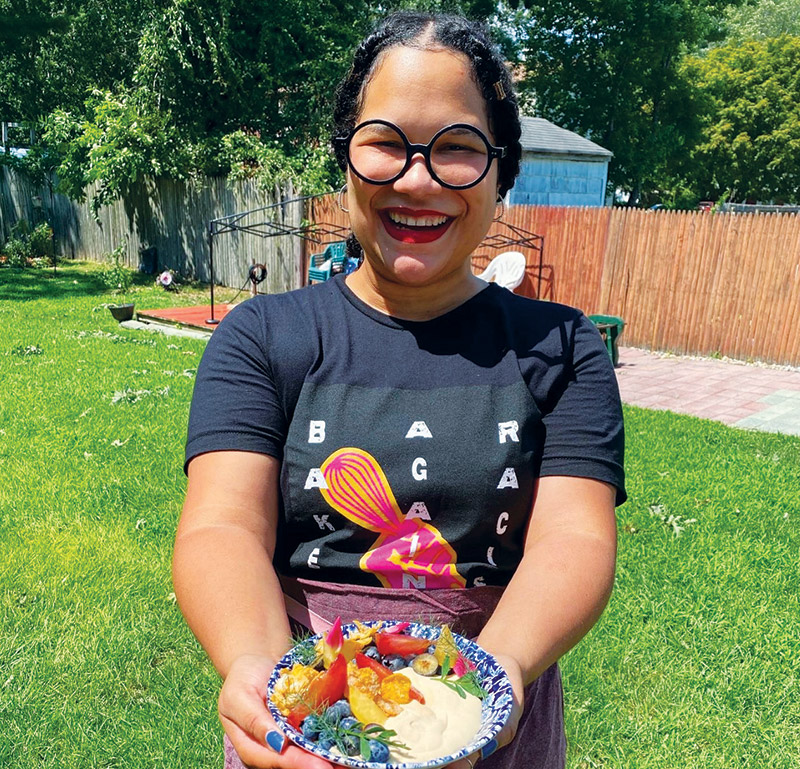
» Co-founded Bakers Against Racism during the COVID-19 pandemic, which raised $1.9 million for Black Lives Matter through a global bake sale. Also launched Bake the Vote 2020, a similar fundraiser, to ensure a fair election.
» James Beard Foundation 2020 Rising Star finalist.
» Restaurant Association Metropolitan Washington Pastry Chef of the Year finalist, 2020.


